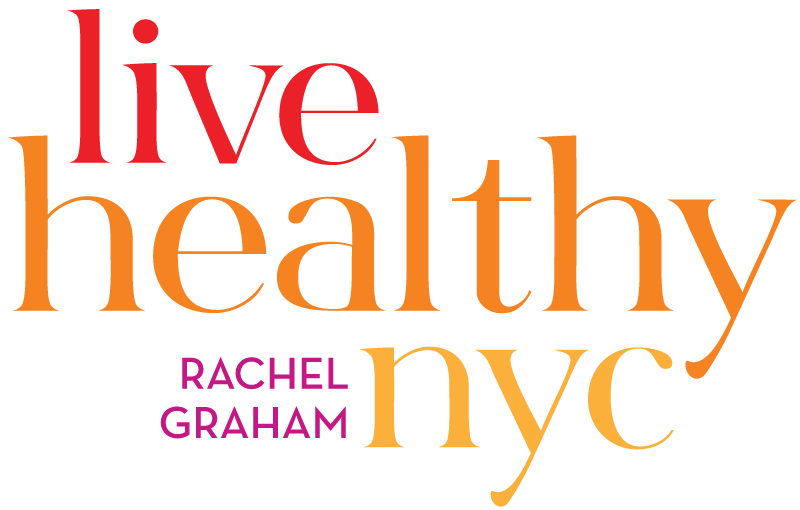Getting a good night's sleep is crucial for me. When I don't sleep well, I can't even stand being around myself! Lately, I've been stuck in a terrible sleep cycle, staying up too late and waking up too early. I knew I had a lot on my mind and thought I could push through it, but my body had other ideas. Traveling, sleeping in hotels, eating unfamiliar foods, and indulging in too much celebratory drinking left me with a lingering hangover effect! Despite my efforts to stick to a healthy diet and exercise routine, I knew it was time to get back on a better track.
Diet plays a significant role in sleep, and it's a highly individual matter—just like our preferences for pillows and snacks. Some foods provide essential nutrients for rest, while others can be obstacles. There's a direct link between what you eat and how you sleep. Overeating or eating too close to bedtime can disrupt sleep, and the types of food you consume matter too. Certain foods promote sleep, while others disturb it. This creates a vicious cycle: lack of sleep leads to unhealthy eating, which then leads to poorer sleep, and so on.
So, what foods help you sleep better? Diets rich in fiber, fruits, and vegetables—especially colorful produce—are associated with improved sleep. While turkey is famously known for its sleep-inducing properties, all meats (like beef, chicken, lamb, pork), as well as salmon, tuna, and clams, are rich in tryptophan. Other good sources include pumpkin seeds, sesame seeds, sunflower seeds, nuts, beans, tofu, and brown rice. On the flip side, some people believe alcohol helps with sleep. While alcohol may act as a sedative and help some fall asleep initially, it generally leads to poorer sleep quality later in the night.
Recently, TikTok videos have gone viral promoting various foods and drinks, like lettuce soaked in water or tart cherry juice, as sleep aids. However, these are not supported by medical experts. My advice? Balance your diet with whole foods that you enjoy and make sure to fluff your pillow for a good night's rest. If you find that you want to learn how to feel better about yourself, feel free to reach out for support. Counseling and therapy can provide valuable tools and strategies for coping with emotions. As a licensed Clinical Behavioral Therapist and an Intuitve Eating Counselor, if I can help you to feel better about yourself and make positive changes, feel free to contact me at rachel@livehealthynyc.com

